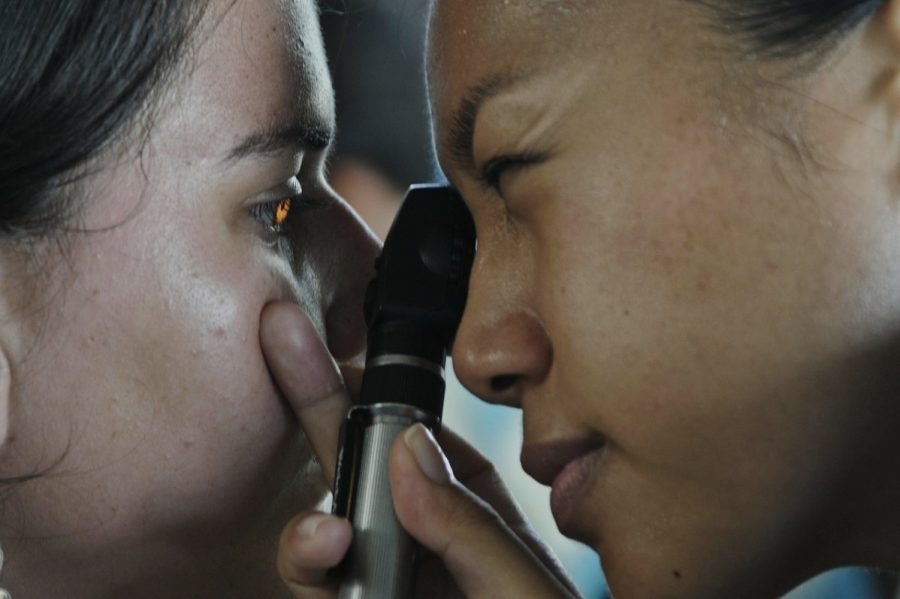A cataract is a condition in which the lens of the eye becomes increasingly cloudy. It is the most common cause of vision loss in people over 40. During the early stages, the patient can wear corrective lenses to correct their vision. They will eventually, however, need surgery.
Cataract surgery is a common outpatient procedure. The surgeon will remove the defective lens and replace it with an IOL, which stands for “intraocular lens.” If the patient has cataracts in both eyes, the surgeon will work on just one eye at a time. They will operate on the second eye about two weeks after the first eye.

Barring complications, the patient’s eye should be fully healed within a month, although many patients can go back to work within a week after surgery. The surgeon will provide a detailed list of instructions for post-operative care. Those instructions will include a schedule of doctor’s visits. Here are some tips for handling recovery after cataract surgery.
Follow the Doctor’s Instructions
The post-operative instructions are intended to ensure a smooth and quick recovery. Some of them, like the restrictions on driving, are supposed to keep you safe while you recover. Similarly, keep all of the scheduled appointments, for that will enable the doctor to monitor your progress and check for signs of complications.
Protect Your Eye From Infection
Many of the instructions the doctor will give you will revolve around protecting your eye. The doctor will probably prescribe some antibiotics in order to prevent a bacterial infection from setting in. Take the entire course, even if you feel fine. Don’t use a hot tub or go swimming for at least a week after the surgery. Wash your sunglasses and eyeshield every day.
Pay Attention to Side Effects
Some side effects, like bloodshot eyes, watery eyes, or blurred vision, are expected and normal. They will typically fade in a few days. On the other hand, it’s time to call the doctor if you experience any worsening vision or vision loss, constant pain, nausea and vomiting, multiple floaters in the eye, excessive sneezing or coughing.
Don’t Put Pressure on Your Eye
Avoid rubbing or touching your eye. Don’t bend over, for that will also put pressure on your eye. Avoid heavy lifting and vigorous exercise.
Cataract surgery has a success rate of around 98 percent. Many patients find they need to use corrective lenses far less than before the procedure. Some don’t need to use them at all.